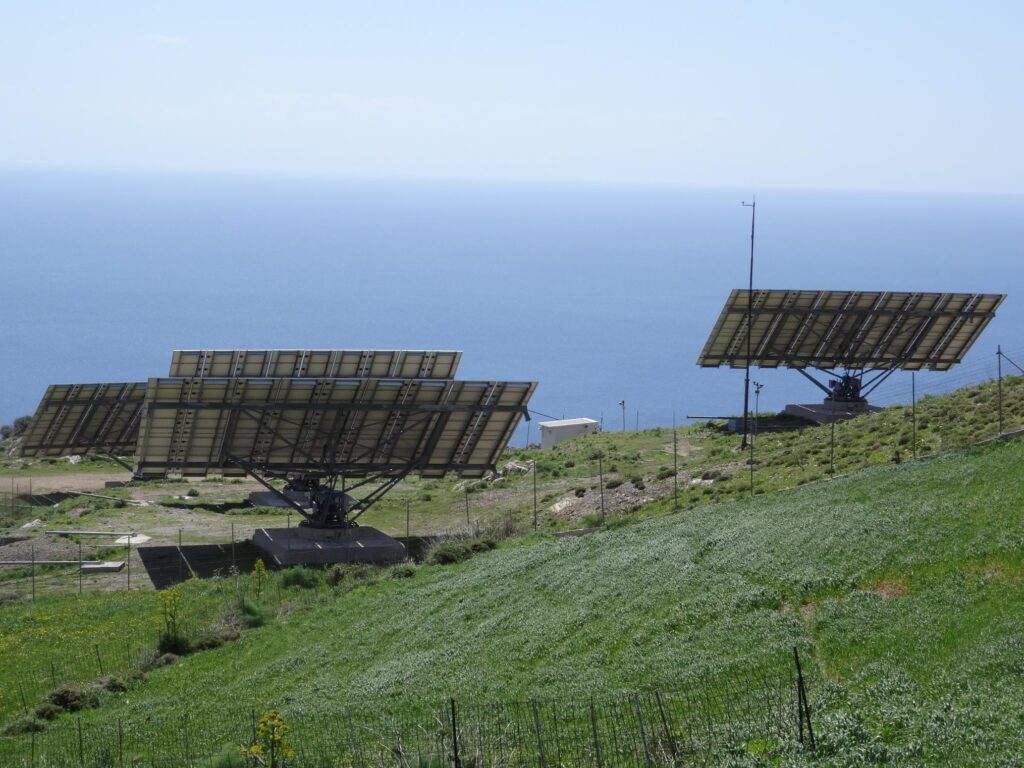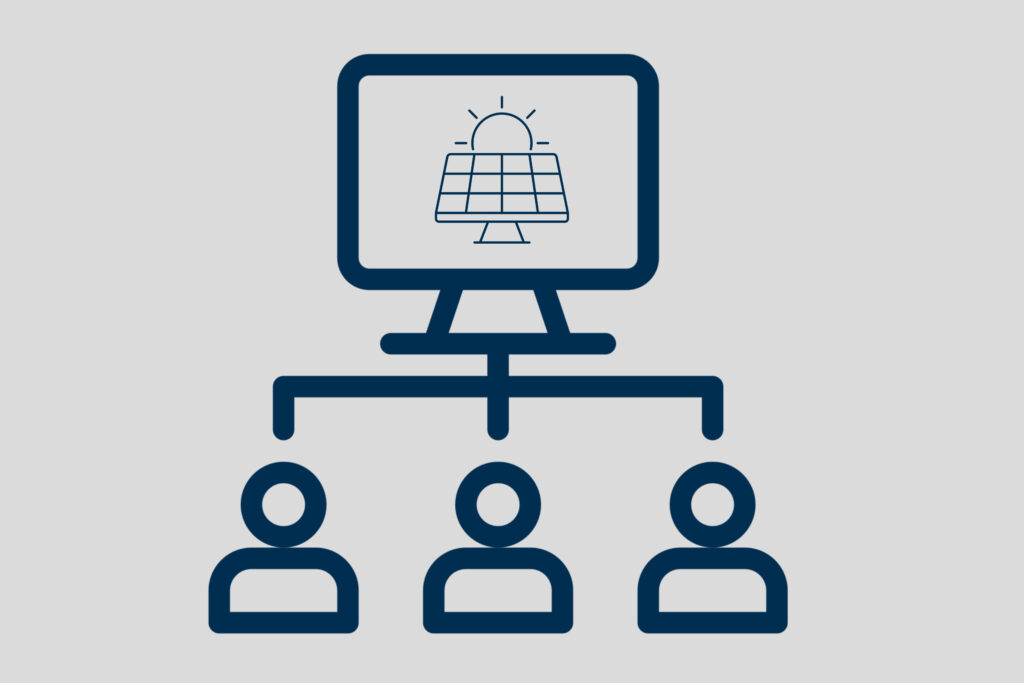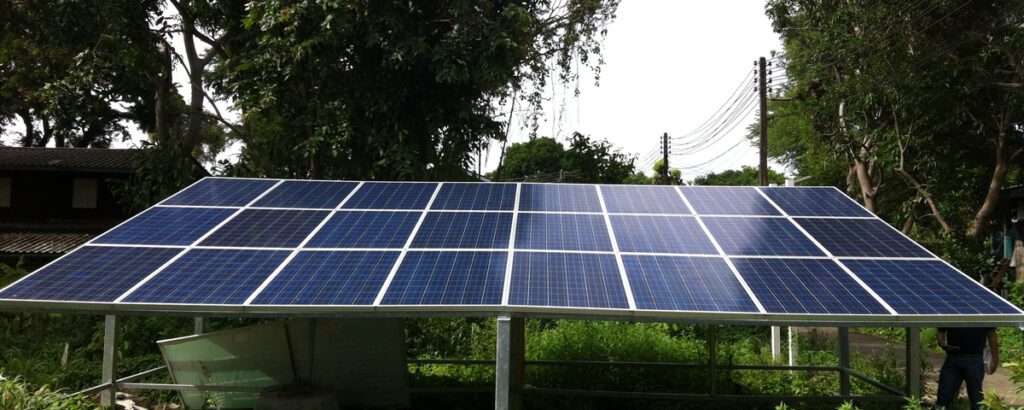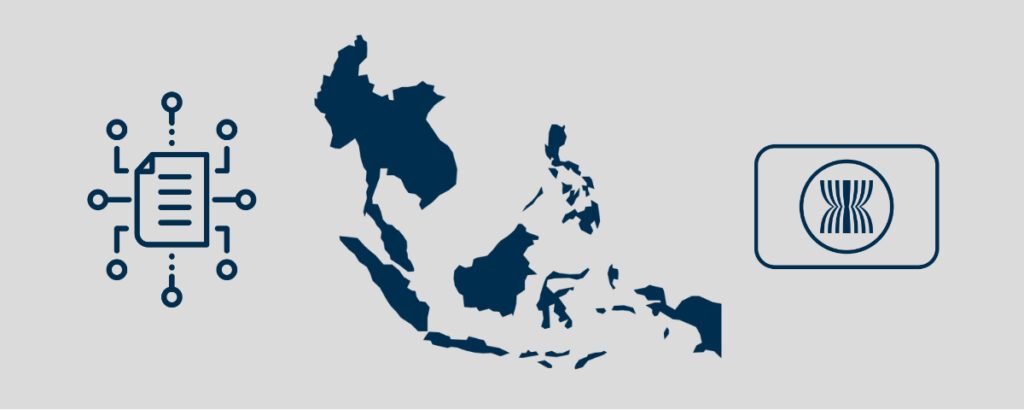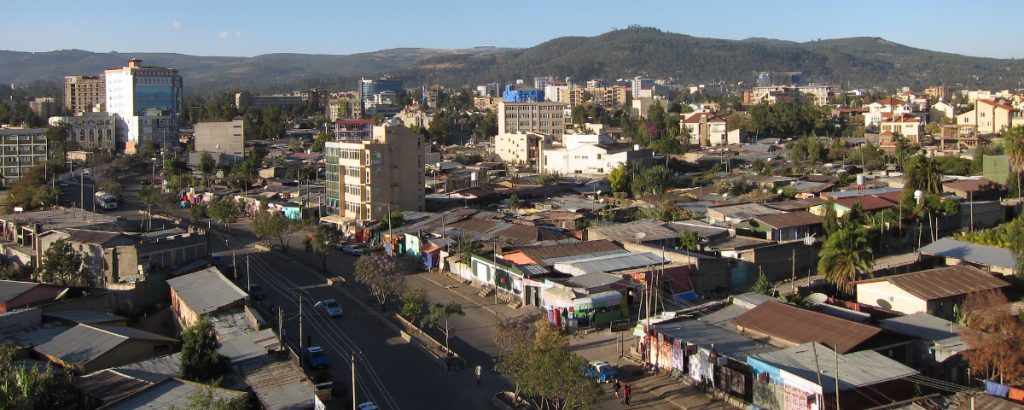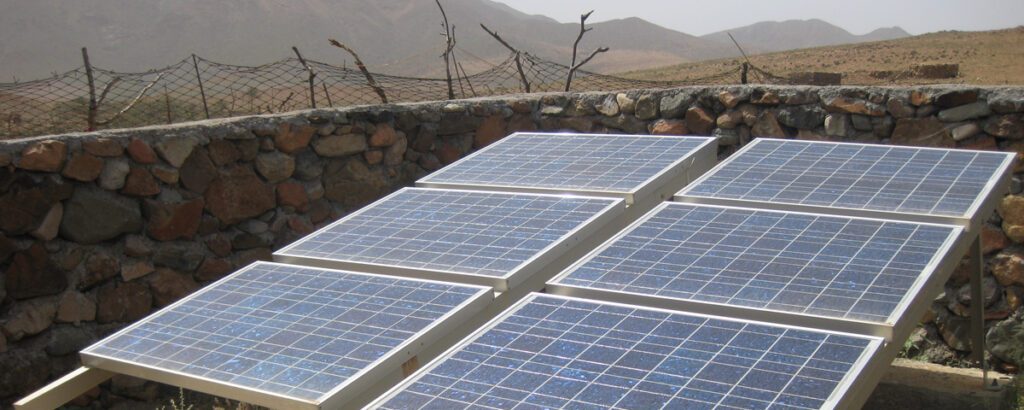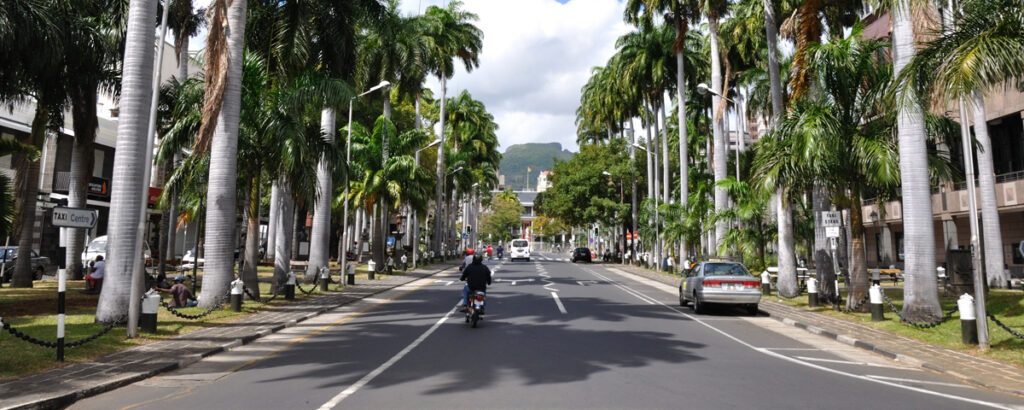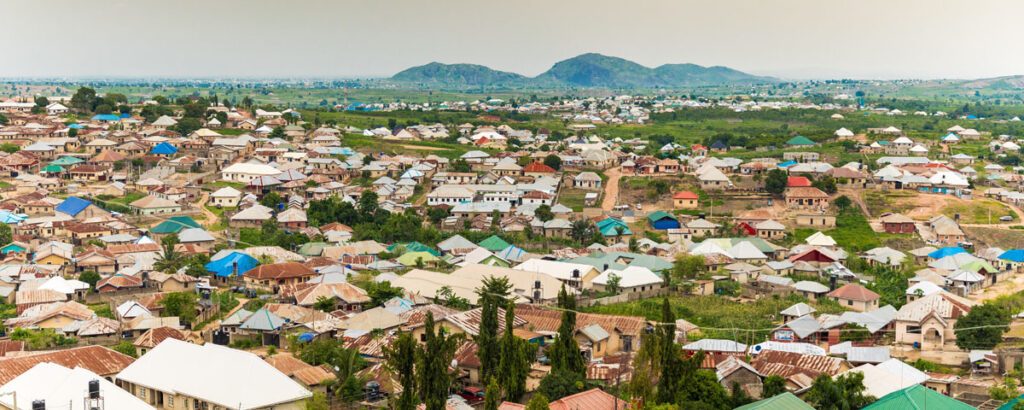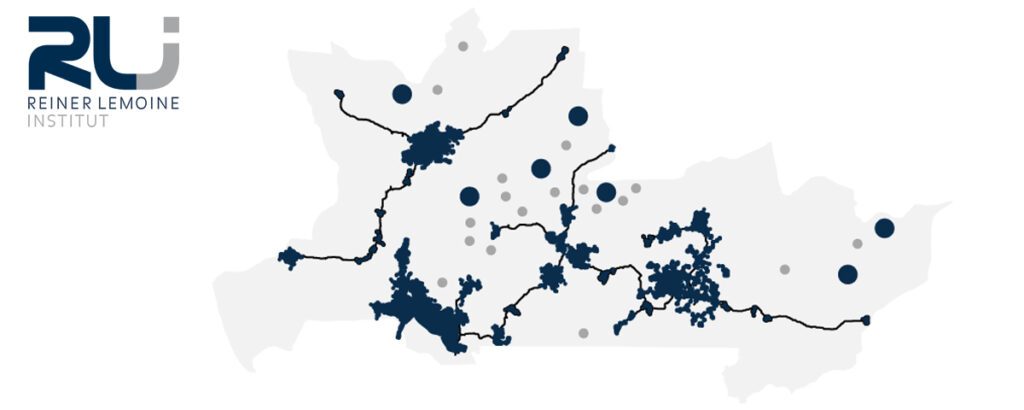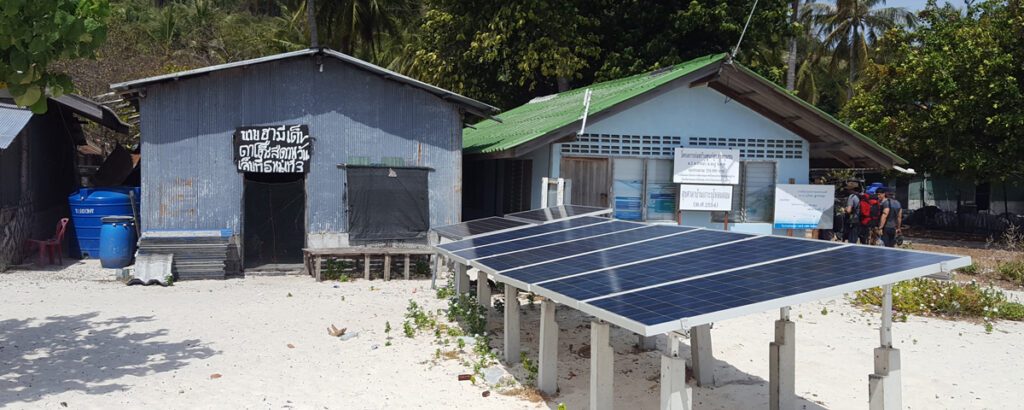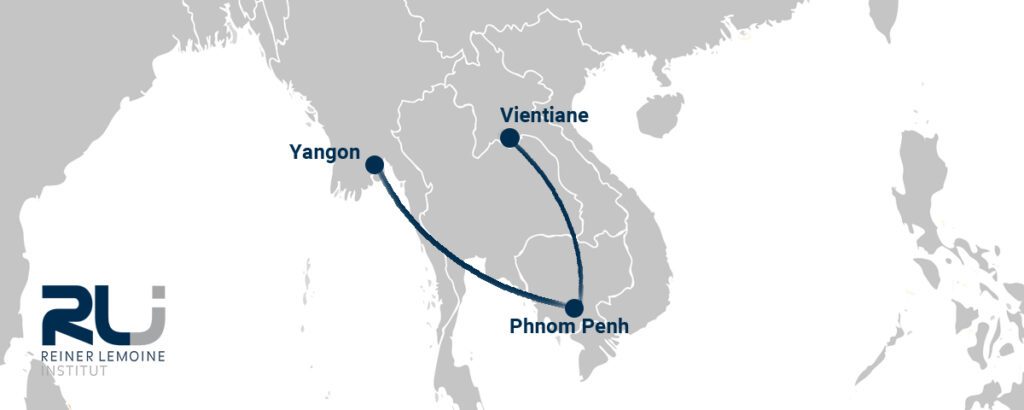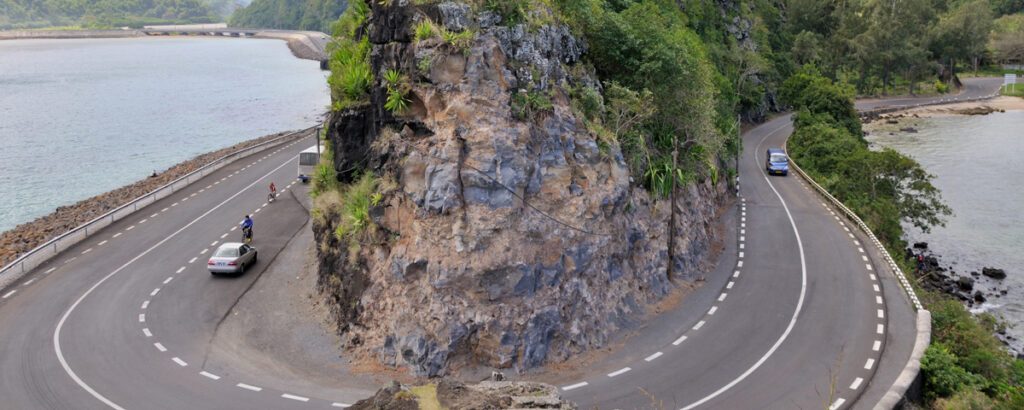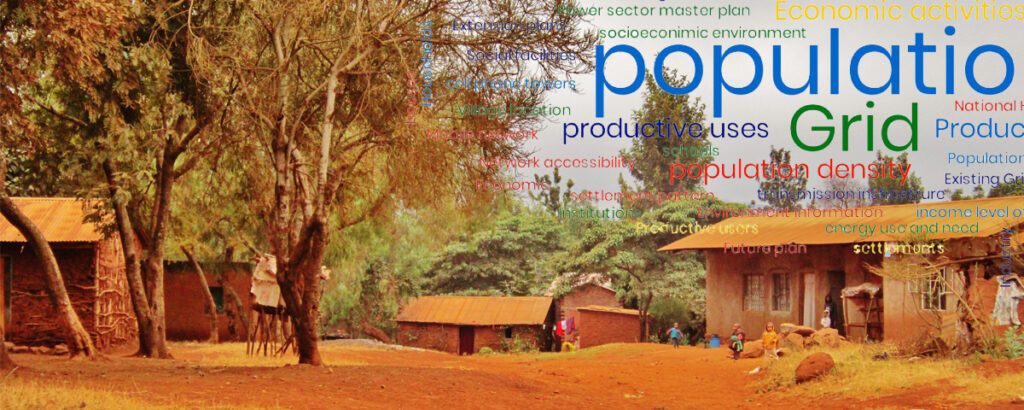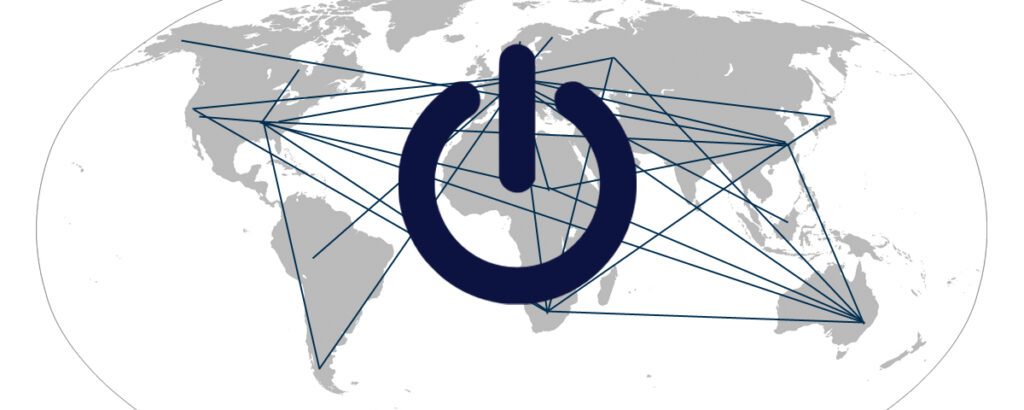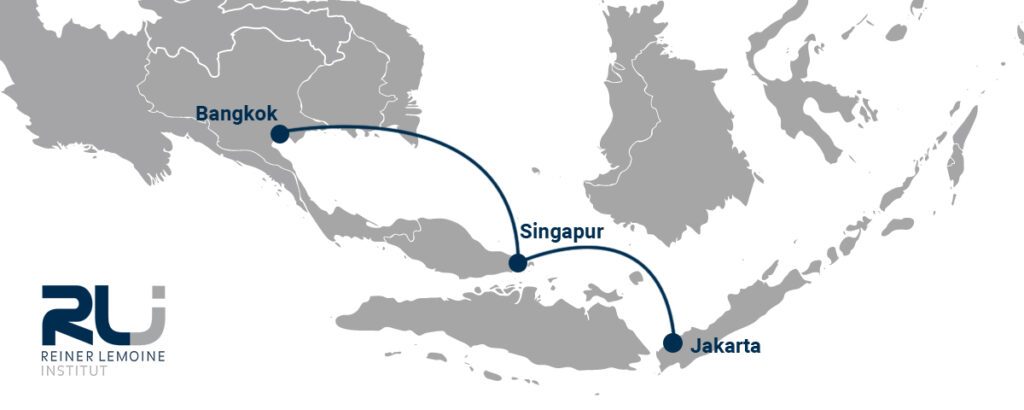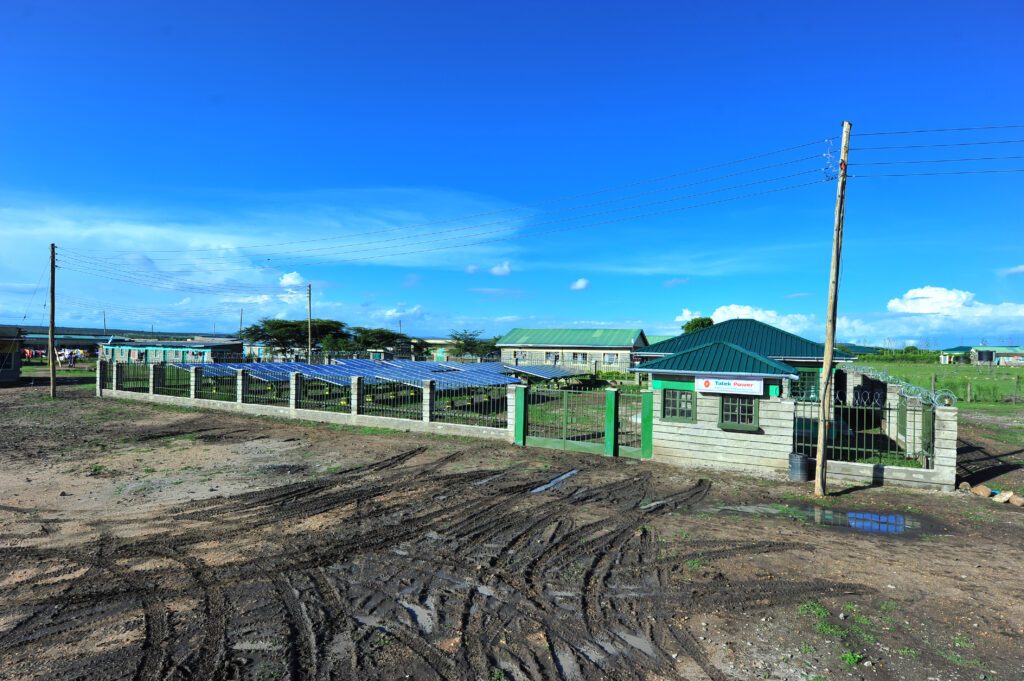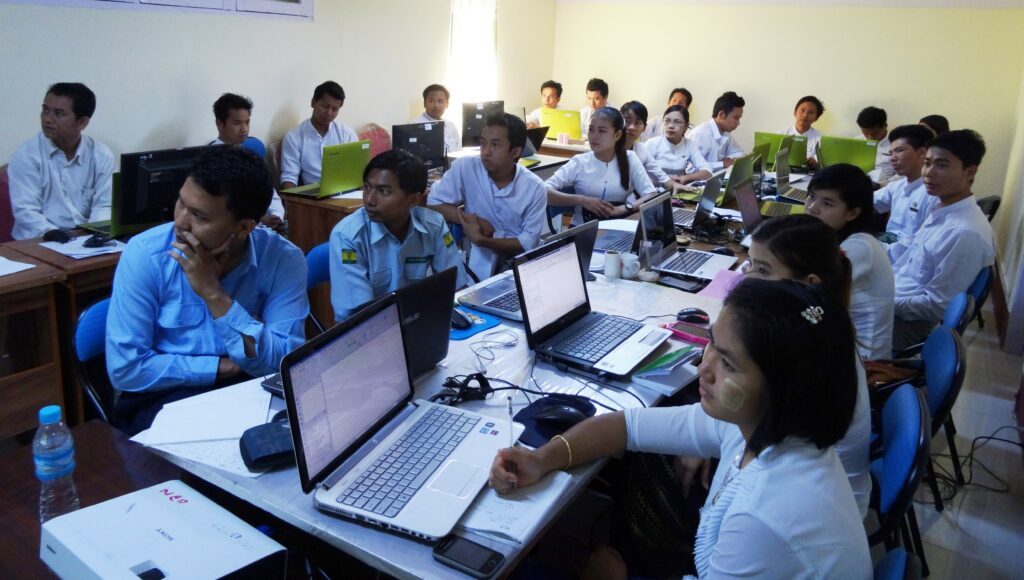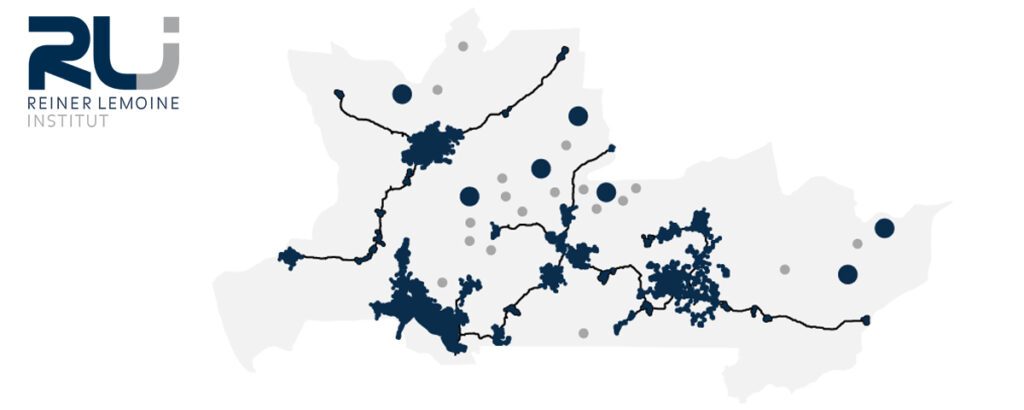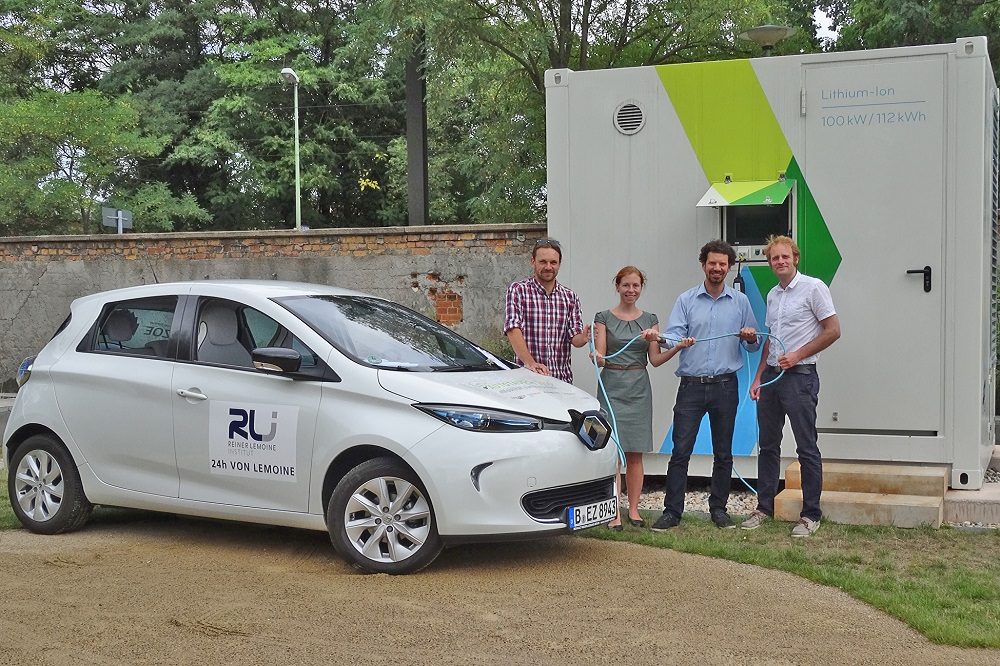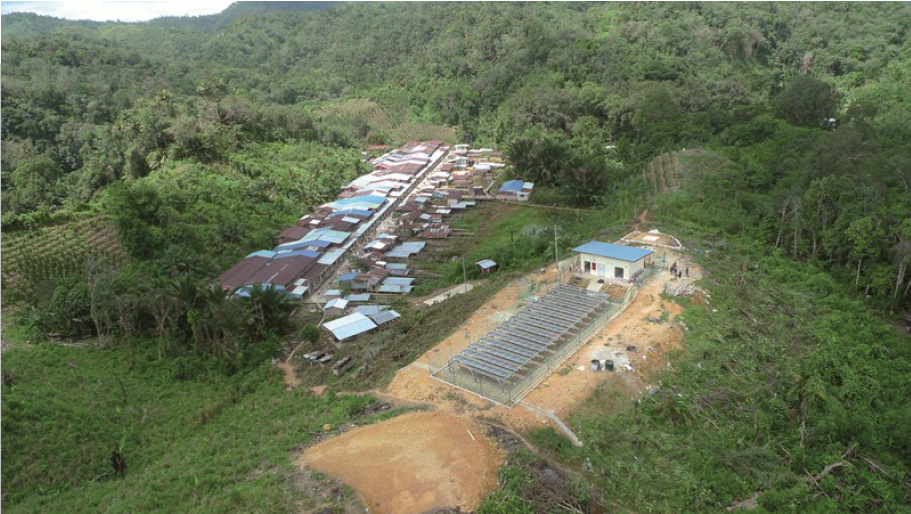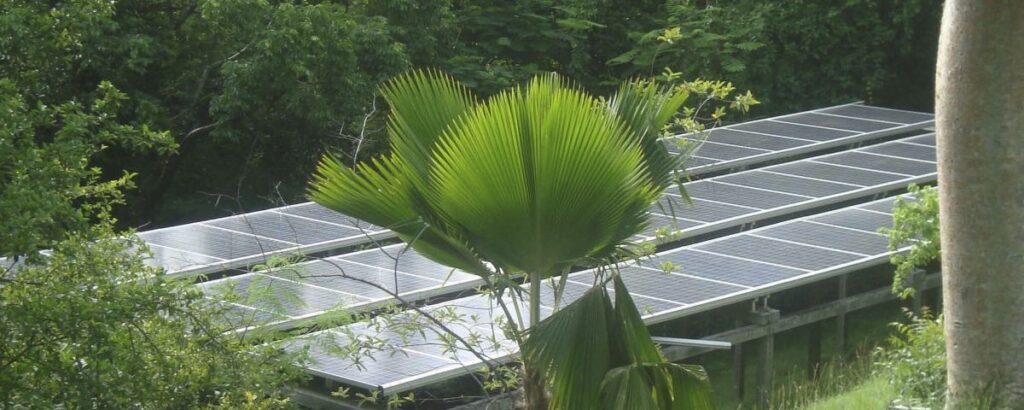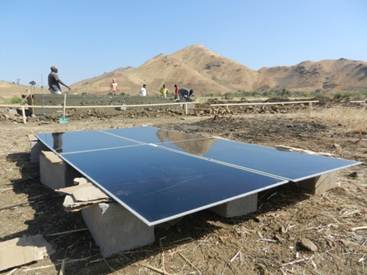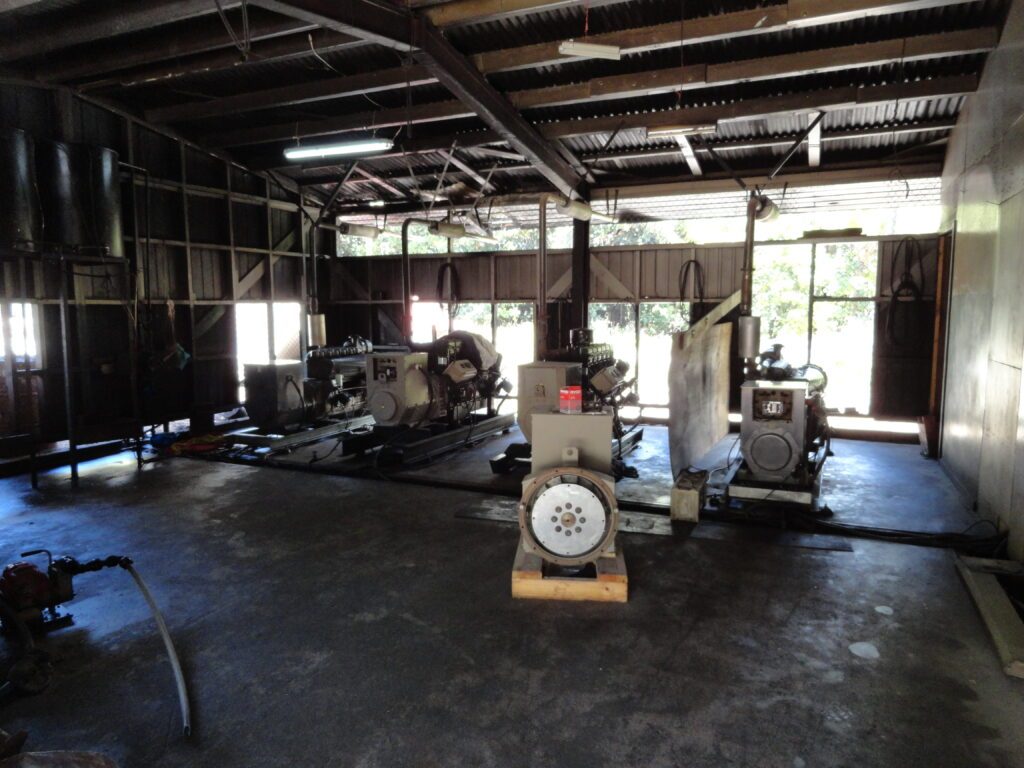
Off-Grid Systems
In the research unit Off-Grid Systems, we develop electrification strategies based on renewable energy for developing regions. More precisely, we optimize hybrid mini-grids using simulation models and geo-information systems (GIS).
More than 1.3 billion people worldwide live without access to reliable and affordable electricity. One solution for electrification are decentralized energy systems that make use of local renewable resources. With our research, we want to contribute to the disclosure of the economic and ecological potential of renewable energy in developing regions. Many technologies are already cheaper today than conventional energy sources and additionally reduce local and global emissions.
Our interdisciplinary and international team works partly with in-house energy simulation models, partly with database analyses and GIS programs. In addition, we conduct field studies on social, demographic, and economic conditions in a region. In this way, we can assess the business environment in order to propose both ecologically and financially sustainable solutions for local power supply.
Contact
Tools
Offgridplanner
Offgridplanner supports the planning and optimization of off-grid electricity supply systems in Nigeria.
open-plan-tool
The open_plan tool supports the optimized planning of energy cells to (partially) meet electricity and heating demands in neighborhoods and industrial areas in Germany.
Community Minigrid Tool
TheCommunity Minigrid Tool helps representatives of unelectrified communities in Nigeria design mini-grid implementation plans.
RAMP
The software was co-developed by RLI scientists and helps with the stochastic simulation of energy user-controlled time series based on a few simple inputs
Example projects
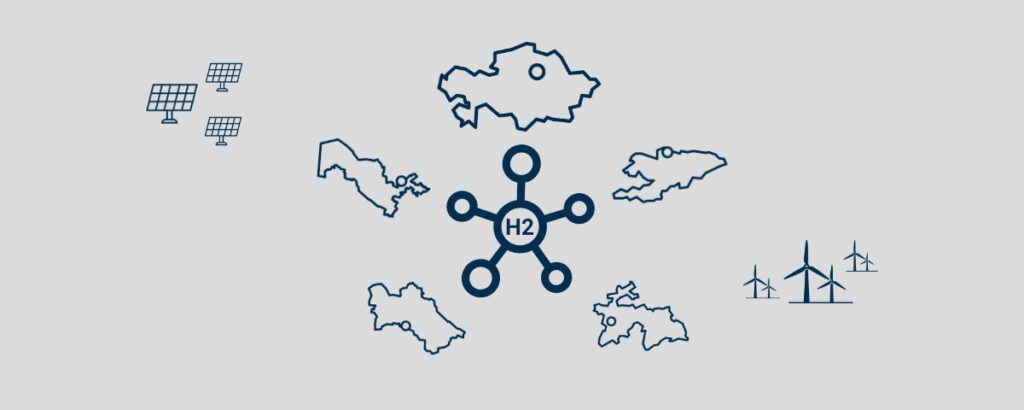
HyRECA – Study on the production potential of green hydrogen in Central Asia and establishment of a research network

Development of toolkits and virtual trainings for integrating renewable energies into energy systems of Pacific islands
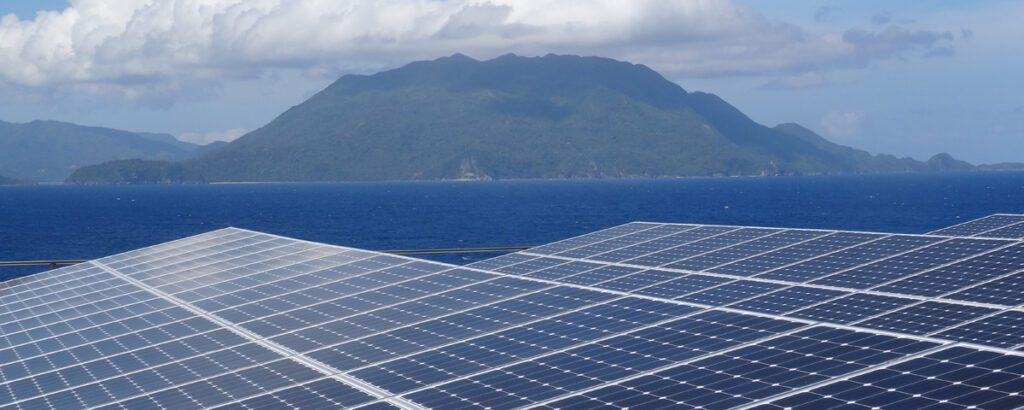
Transformation Processes for Realizing Sustainable Energy Supply on the Philippines – An Interdisciplinary Analysis of Success Factors

The European Portfolio on Energy in International Development Cooperation: setting up an inventory and regular updating system (EPEIDC)
